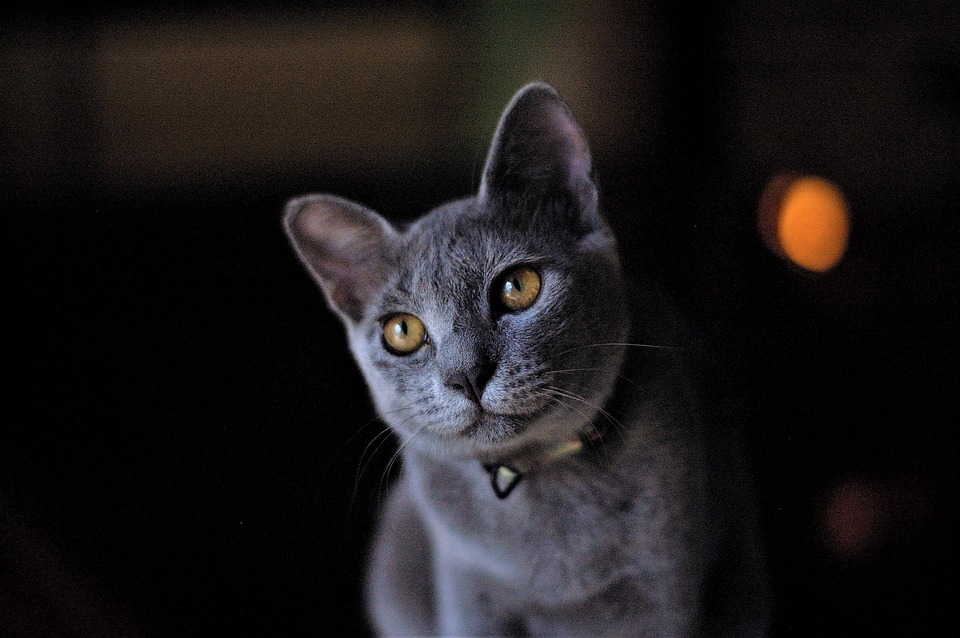Cats are known for their independent nature, but when it comes to their health, they rely on us to provide the care they need. While we often focus on their diet, exercise, and grooming, it’s equally important to pay attention to their dental health. Dental pain in cats is a common issue that can cause discomfort and impact their overall well-being. In this article, we will explore the signs of dental pain in cats and provide valuable information on how to address this issue. Read on to ensure your feline companion’s dental health is in purr-fect condition!
Why Dental Health Matters for Cats
Before delving into the signs of dental pain, let’s understand why dental health matters for our feline friends. Just like humans, cats can suffer from various dental problems, including periodontal disease, tooth decay, and gum infections. If left untreated, these issues can lead to pain, tooth loss, and even systemic health problems. Maintaining good dental hygiene is crucial to prevent such complications and ensure your cat’s well-being.
Signs of Dental Pain in Cats
Cats are masters at hiding pain, so it’s important to be vigilant and observe any potential signs of dental discomfort. Here are some common indicators that your cat may be experiencing dental pain:
1. Changes in Eating Habits: If your cat suddenly starts avoiding certain types of food, dropping food from their mouth, or displaying reluctance to eat, it could be a sign of dental pain. Difficulties in chewing and swallowing can indicate tooth or gum issues.
2. Bad Breath: While no cat has minty-fresh breath, an unusually foul odor can be a red flag for dental problems. It may indicate the presence of bacteria or infection in the mouth.
3. Excessive Drooling: If you notice excessive drooling or wet fur around your cat’s mouth, it could be due to pain or discomfort in their teeth or gums. Pay attention if your cat appears to be wiping their mouth frequently.
4. Pawing at the Mouth: Cats in dental pain may try to alleviate discomfort by pawing at their mouth or rubbing their face against objects. If you observe such behavior, it’s essential to investigate further.
5. Behavioral Changes: Dental pain can affect a cat’s behavior. They may become irritable, aggressive, or withdrawn. If your typically friendly and sociable cat starts avoiding interactions or displays signs of aggression, dental issues could be the underlying cause.
Addressing Dental Pain in Cats
Now that we’ve identified potential signs of dental pain, let’s explore how to address this issue and help your cat regain comfort:
1. Consult a Veterinarian: The first step in addressing dental pain is to consult a veterinarian. They will conduct a thorough examination of your cat’s mouth, including dental X-rays if necessary, to identify any underlying issues. Based on their diagnosis, an appropriate treatment plan can be developed.
2. Professional Dental Cleaning: In cases of advanced dental disease, professional dental cleaning under anesthesia may be required. This involves scaling and polishing the teeth to remove plaque, tartar, and bacteria. Your veterinarian will guide you on the best course of action.
3. Home Dental Care: Establishing a regular dental care routine at home is crucial for maintaining your cat’s oral health. Brushing their teeth with a cat-specific toothbrush and toothpaste is the gold standard. Start slowly, allowing your cat to become accustomed to the process. Alternatively, dental rinses, dental diets, and dental treats can help reduce plaque buildup.
4. Monitor and Maintain: After addressing dental pain, it’s important to monitor your cat’s oral health regularly. Schedule routine check-ups with your veterinarian and maintain good dental hygiene practices to prevent future problems.
Frequently Asked Questions (FAQs)
Q1: How often should I brush my cat’s teeth?
A1: Ideally, you should aim to brush your cat’s teeth at least 2-3 times per week. However, even once a week can provide some benefit.
Q2: Can I use human toothpaste to brush my cat’s teeth?
A2: No, human toothpaste is not safe for cats. It contains ingredients that can be toxic to them. Always use toothpaste specifically formulated for cats.
Q3: Are there any alternatives to brushing my cat’s teeth?
A3: If your cat isn’t tolerant of toothbrushing, there are alternatives available. Dental rinses, dental diets, and dental treats can help reduce plaque and maintain oral health. However, they are not as effective as brushing.
Q4: Can dental pain in cats be prevented?
A4: While some dental issues may be hereditary, proper dental care can significantly reduce the risk of dental pain in cats. Regular veterinary check-ups, professional dental cleanings, and consistent home dental care are essential preventive measures.
With this comprehensive guide, you are now equipped to recognize signs of dental pain in your cat and take appropriate action to address the issue. Remember, maintaining good oral health is essential for your feline friend’s overall well-being. Stay proactive, and your cat will thank you with a purrfectly healthy smile!








